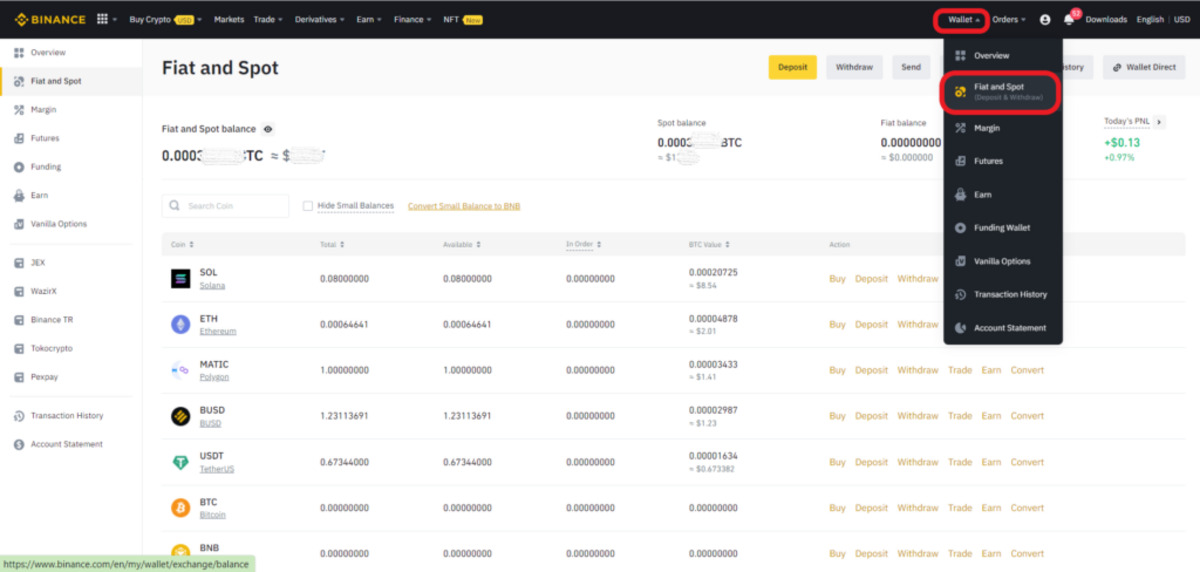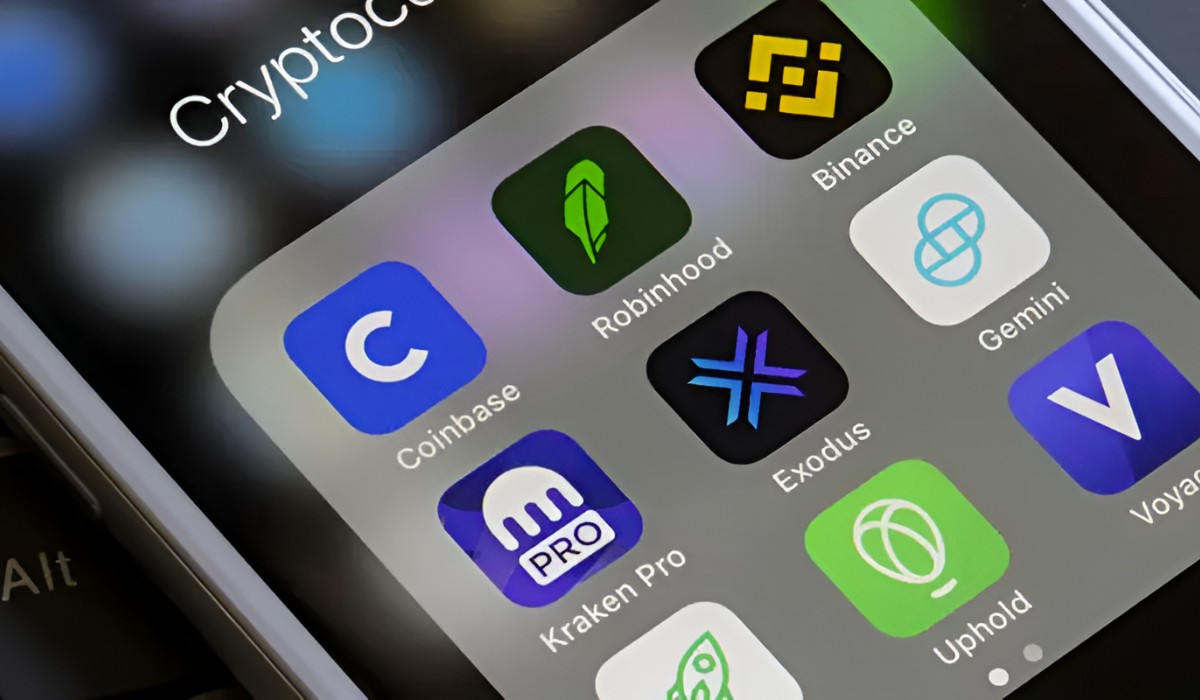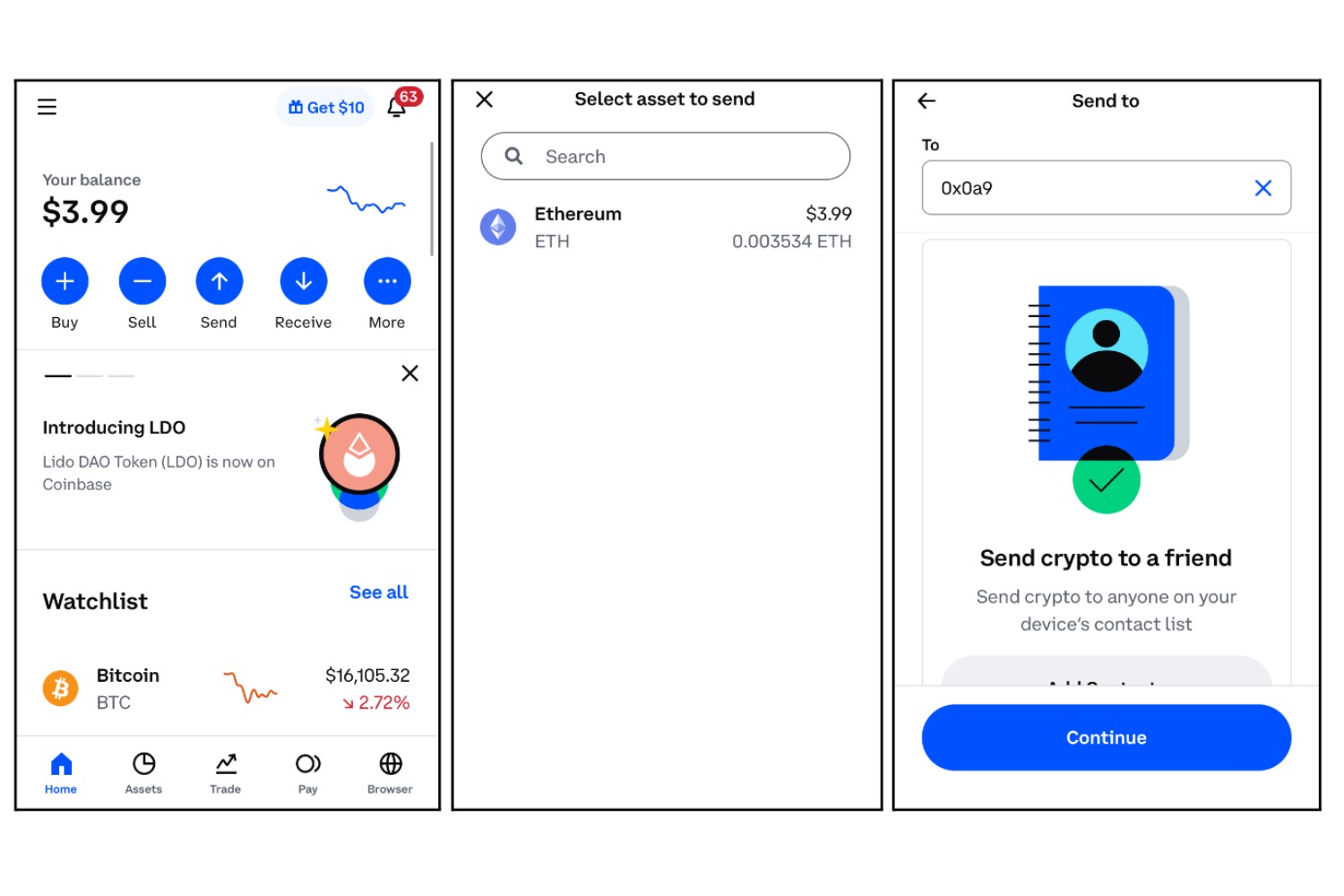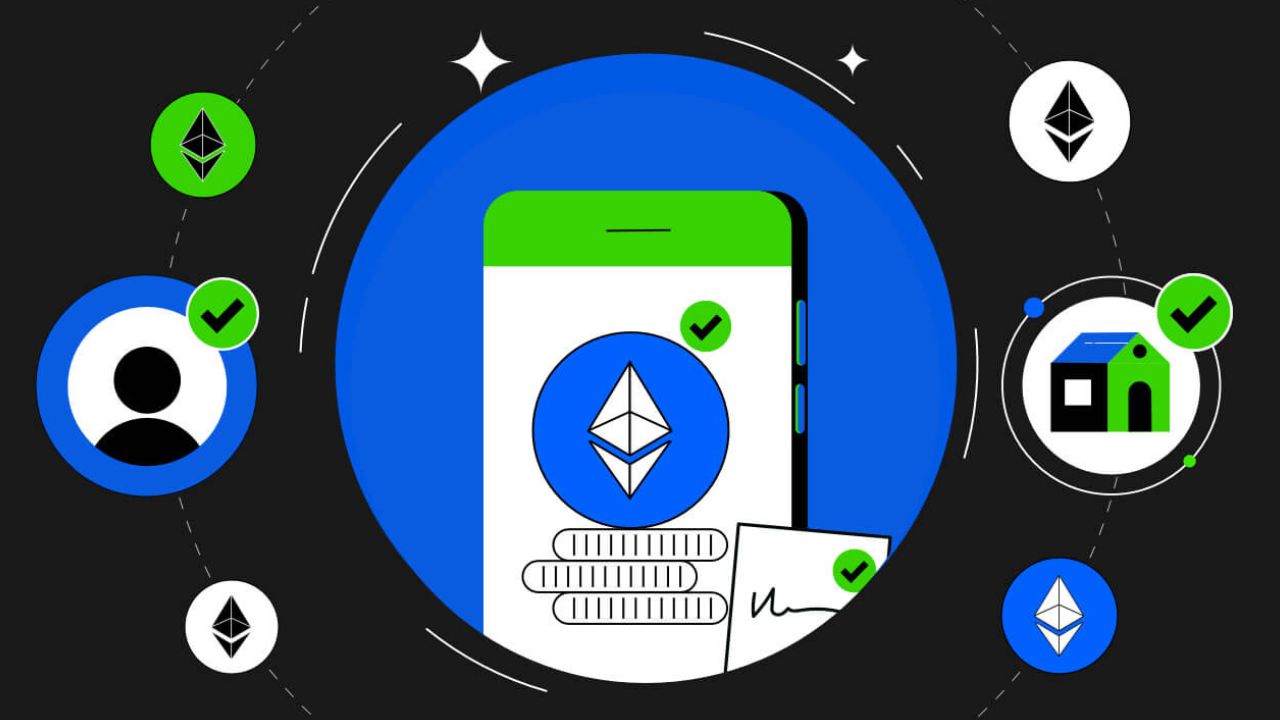Introduction
Ethereum, a popular blockchain platform, has gained significant attention in recent years due to its ability to support smart contracts and facilitate decentralized applications. One of the key aspects of using Ethereum is the ability to transfer Ether, its native cryptocurrency, between different wallets and addresses. However, users often wonder how long these transfers may take.
Understanding the transfer times on the Ethereum network can help users plan their transactions and manage their expectations. In this article, we will explore various factors that can affect Ethereum transfer times, including network congestion, gas fees, and other considerations. Additionally, we will provide some tips to help users expedite their transfers when needed.
Whether you are buying, selling, or simply transferring Ether to another user, it’s essential to have a good understanding of the potential time frames involved. This knowledge can help avoid frustration and ensure that your transfer is completed promptly.
Let’s dive into the details and explore the factors that influence the time it takes for Ethereum transfers.
Understanding Ethereum Transfers
Before delving into the various factors that affect Ethereum transfer times, it’s crucial to understand how transfers work on the Ethereum network.
Ethereum transfers involve sending Ether (ETH) from one wallet address to another. Each transfer is recorded on the blockchain, a decentralized and transparent ledger that ensures the security and integrity of transactions.
When initiating a transfer, the sender specifies the recipient’s wallet address, the amount of Ether to be transferred, and any additional data or instructions. This information is then broadcasted to the Ethereum network, where it is validated by network participants, who are known as nodes.
The validation process involves confirming the transaction’s authenticity and checking if the sender has sufficient Ether to fulfill the transfer. Once the transaction is validated, it is added to a pool of pending transactions, also known as the mempool.
Miners, who are responsible for processing and validating transactions on the Ethereum network, select pending transactions from the mempool and include them in a block. This block is then added to the blockchain, making the transaction final and irreversible.
It’s important to note that Ethereum transfers are not instant. The time it takes for a transfer to be confirmed and added to the blockchain can vary depending on several factors. These factors can impact the speed and efficiency of the transaction, and in turn, influence the overall transfer time.
Now that we have a basic understanding of Ethereum transfers, let’s explore the factors that can affect the time it takes for a transfer to be completed.
Factors Affecting Transfer Times
Several factors contribute to the time it takes for an Ethereum transfer to be processed and confirmed on the blockchain. Understanding these factors can help users anticipate potential delays and make informed decisions when sending Ether. Let’s take a closer look at the key factors that affect transfer times:
- Network Congestion: The Ethereum network consists of a vast number of nodes and users, and during periods of high demand, the network can become congested. Increased congestion leads to a higher number of pending transactions in the mempool, causing delays in transaction processing. When the network is congested, transfers may take longer to confirm.
- Gas Fees and Priority: Gas is a unit of measurement that determines the cost of transaction processing on the Ethereum network. Each operation or computation performed during a transaction requires a specific amount of gas. When initiating a transfer, users set a gas price that determines the priority of their transaction. Higher gas prices incentivize miners to include the transaction in a block more quickly. Therefore, setting a higher gas price can speed up the transfer confirmation process.
- Block Confirmation Time: Ethereum operates on a block time of around 15 seconds, which means that approximately every 15 seconds, a new block is added to the blockchain. However, for a transaction to be considered finalized, it typically requires multiple block confirmations. The number of confirmations required depends on the wallet or exchange where the transfer is initiated. Each block confirmation adds to the overall transfer time.
- Network Upgrades and Forks: Occasionally, the Ethereum network undergoes upgrades or forks, which can temporarily impact transfer times. During these events, it is common for users to experience delays or even temporary suspension of transfers until the network stabilizes.
By keeping these factors in mind, users can better understand the potential delays and take appropriate measures to expedite their Ethereum transfers. In the next section, we will discuss the typical time frames for Ethereum transfers under different conditions.
Gas Fees and Priority
Gas fees play a crucial role in determining the speed and priority of Ethereum transfers. Gas fees are the fees paid by users to compensate miners for processing and validating their transactions on the Ethereum network. Miners prioritize transactions with higher gas fees, as it incentivizes them to include those transactions in the next block they mine.
When initiating an Ethereum transfer, users have the option to set the gas fee they are willing to pay for their transaction. This gas fee is measured in Gwei, a subunit of Ether. The higher the gas fee, the more attractive the transaction becomes to miners, and the faster it will likely be processed.
It’s essential to strike a balance when setting gas fees. Setting excessively high gas fees may result in unnecessary expenses, while setting them too low could result in delays or even the refusal of miners to process the transfer.
There are several factors to consider when determining an appropriate gas fee:
- Current Network Congestion: As mentioned earlier, network congestion can impact the speed of transaction processing. During periods of high demand, it may be necessary to set a higher gas fee to ensure a prompt transfer, while lower congestion may allow for lower gas fees.
- Gas Price Estimators: Gas price estimators can help users determine an optimal gas fee based on real-time data and network conditions. These tools provide insights into recent transactions and their associated gas fees, allowing users to make an informed decision when setting their gas fee.
- Transaction Urgency: If time is of the essence and a quick transfer is necessary, it may be wise to set a higher gas fee to increase the transaction’s priority.
By carefully considering these factors and adjusting gas fees accordingly, Ethereum users can improve the likelihood of faster transfer times and minimize potential delays.
Normal Transfer Times
In general, under normal network conditions, Ethereum transfers can be relatively fast and usually take anywhere from a few seconds to a few minutes to process and confirm.
When the network is operating efficiently and there is low congestion, transfers with average gas fees tend to be processed promptly. However, the specific time required for a transfer to be confirmed can vary.
On average, a typical Ethereum transfer can be expected to be confirmed within 1-5 minutes. This estimation includes the time for the transaction to be picked up by a miner, included in a block, and receive a sufficient number of block confirmations to be considered finalized.
It’s important to note that the estimation of normal transfer times is subjective and can be influenced by various factors, including the gas fee set, network traffic, and the number of confirmations required by the recipient’s wallet or exchange.
Users are encouraged to stay updated on the current network conditions, especially during periods of high demand and congestion, as this can impact the normal transfer times. Gas price estimators can provide valuable insights into the recommended gas fee range to ensure prompt transfers.
Next, we will explore scenarios where transfer times may be significantly slower than normal.
Slow Transfer Times
In certain situations, Ethereum transfers can experience delays and result in slower-than-normal transfer times. Here are some common scenarios that can contribute to slower transfer times:
- High Network Congestion: During periods of high demand on the Ethereum network, such as during ICOs or significant network events, the network can become congested. This congestion leads to an increased number of pending transactions, which can cause delays in processing and confirming transfers. In these situations, it is not uncommon for transfers to take significantly longer than the average transfer times.
- Insufficient Gas Fees: If a user sets a very low gas fee for their transfer, miners may prioritize other transactions with higher fees. When this happens, the transfer can remain in the mempool for an extended period, resulting in slower processing and confirmation times. To avoid slow transfer times due to low gas fees, it is recommended to set an appropriate and competitive gas fee.
- Network Upgrades or Forks: When the Ethereum network undergoes upgrades or experiences forks, it can disrupt the normal transfer times. These events may lead to temporary suspensions or delays in transaction processing until the network stabilizes. To mitigate potential slow transfer times during upgrades or forks, it is best to stay updated on network announcements and plan transfers accordingly.
In situations where slow transfer times are expected, it is vital to remain patient and allow sufficient time for the transaction to be processed and confirmed. Users can monitor the status of their transaction by using blockchain explorers or wallet applications, which provide real-time updates on the transaction’s progress.
Now that we have covered scenarios where transfer times may be slower than usual, let’s discuss situations where transfers can be expedited for faster confirmation.
Fast Transfer Times
While slow transfer times can be frustrating, there are instances where Ethereum transfers can be processed and confirmed quickly, resulting in faster-than-normal transfer times. Here are some scenarios that can contribute to fast transfer times:
- Low Network Congestion: During periods of low network traffic and congestion, transfers can be processed much faster. With fewer pending transactions in the mempool, miners can quickly include transfers in the blocks they mine, resulting in faster confirmation times.
- Higher Gas Fees: Setting a competitive gas fee can incentivize miners to prioritize your transfer over others. By offering a higher gas fee, you increase the likelihood of miners including your transaction in the next block they mine. This can significantly speed up the confirmation process and result in faster transfer times.
- Optimal Gas Price Estimation: Utilizing gas price estimators can help determine the optimal gas fee based on network conditions. By using these tools, you can set a gas fee that strikes the right balance between speed and cost, resulting in faster transfer times.
It’s important to note that even in favorable conditions, there is no guarantee of instant transfers. While faster transfer times are possible, it ultimately depends on factors such as network congestion, gas fees, and miner priorities.
To maximize the chances of fast transfer times, it’s recommended to stay informed about network conditions, use gas price estimators, and set a competitive gas fee. Additionally, being aware of potential network upgrades or forks can help plan transfers at times when the network is expected to be less congested.
By considering these factors and taking proactive measures, Ethereum users can increase the likelihood of experiencing fast transfer times and enjoy a more efficient transaction process.
Tips for Faster Transfers
If you’re looking to expedite your Ethereum transfers and minimize potential delays, here are some tips to help you achieve faster transfer times:
- Set a Competitive Gas Fee: Setting an appropriate and competitive gas fee is crucial for faster transfer times. Research gas price estimators to determine the optimal gas fee based on current network conditions. Higher gas fees incentivize miners to prioritize your transaction, leading to faster confirmation.
- Monitor Network Congestion: Keep an eye on network congestion to ensure you’re initiating transfers during periods of low traffic. Avoid executing transfers during peak times when the Ethereum network may experience high congestion and longer processing times.
- Utilize Gas Price Estimators: Gas price estimators provide valuable insights into real-time gas fees and transaction confirmations. By using these tools, you can determine the appropriate gas fee to set for faster transfer times.
- Stay Informed about Network Upgrades: Stay updated on upcoming network upgrades or forks that may impact transfer times. Plan your transfers accordingly to avoid potential delays and disruptions caused by network maintenance or changes.
- Consider Priority Transfers: If time is of the essence, consider using priority transfer services or express transfer options provided by some wallets or exchanges. These services often offer faster confirmation times by setting higher gas fees for your transactions.
- Check Recipient’s Wallet Requirements: Different wallets or exchanges may have specific requirements for the number of block confirmations needed for a transfer to be considered final. Ensure you are aware of these requirements and factor them into your expectations for transfer times.
By implementing these tips, you can improve the chances of faster transfer times. However, it’s important to note that the Ethereum network’s overall conditions and external factors may impact transfer times, making it essential to remain patient and allow adequate time for processing and confirmation.
Now that we have explored various tips for faster transfers, let’s conclude and summarize the key points mentioned in this article.
Conclusion
Ethereum transfers are an integral part of the cryptocurrency ecosystem, enabling users to send and receive Ether across different wallet addresses. While the average transfer time ranges from a few seconds to a few minutes under normal network conditions, various factors can influence the speed of transaction processing.
Factors such as network congestion, gas fees, block confirmation time, and network upgrades can impact transfer times. During periods of high network congestion, transfers may experience delays, and transactions with lower gas fees may take longer to confirm.
To expedite Ethereum transfers and reduce potential delays, users can set competitive gas fees, monitor network congestion, utilize gas price estimators, and plan transfers during periods of lower network traffic. Additionally, staying informed about network upgrades can help avoid potential disruptions.
It’s important to note that transfer times are not guaranteed, and external factors can influence the overall efficiency of the Ethereum network. Patience and understanding are key when it comes to executing Ethereum transfers, especially during periods of high network activity.
By employing the tips provided in this article and staying informed about network conditions, users can improve the likelihood of faster transfer times. However, it’s essential to remain patient and allow adequate time for transactions to be processed and confirmed.
As Ethereum continues to evolve and improve, it is expected that network scalability solutions, such as Ethereum 2.0, will address some of the current challenges and improve transaction processing times even further.
Overall, by understanding the factors that affect Ethereum transfer times, users can make informed decisions, set appropriate gas fees, and manage their expectations for efficient and timely transfers on the Ethereum network.

























